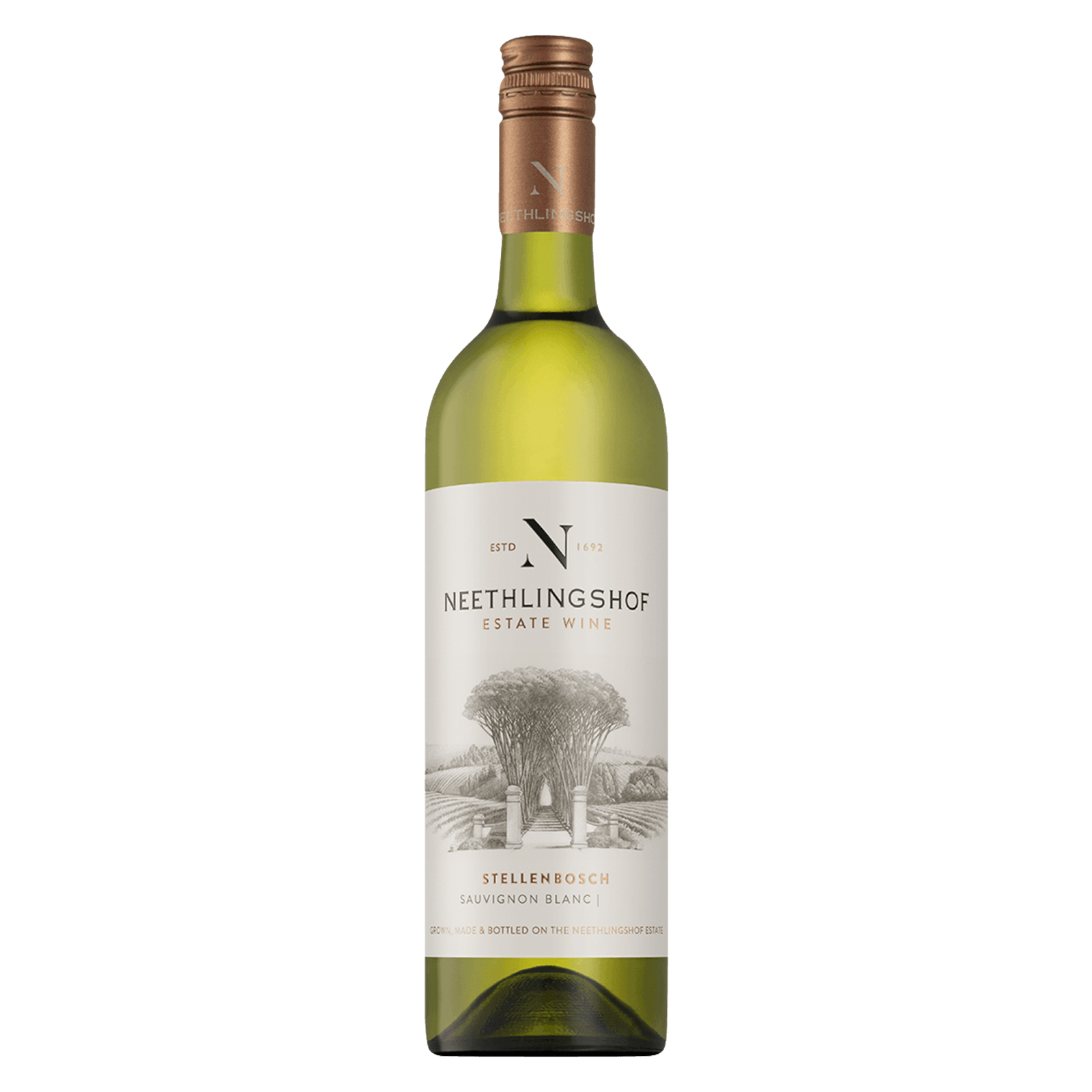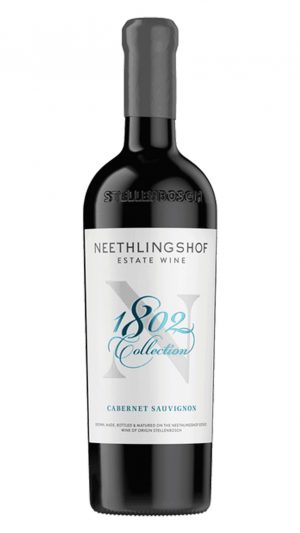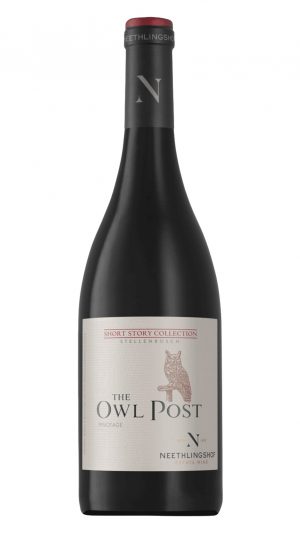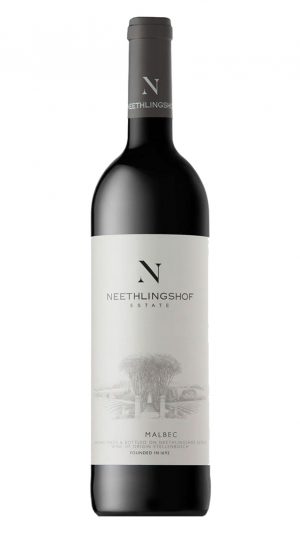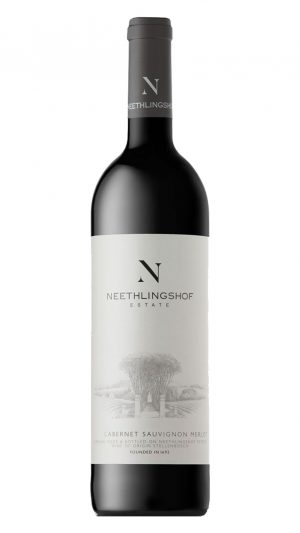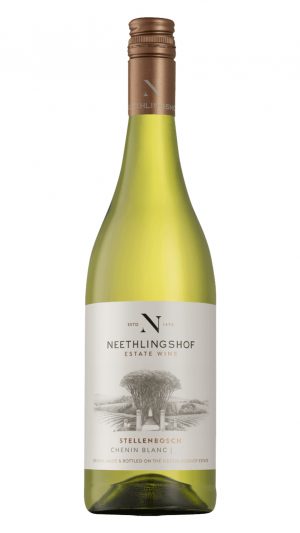Neethlingshof Sauvignon Blanc 2021 / 2022 / 2023
Type: White
Country: South Africa
Region: Stellenbosch
Grape Variety: 100% Sauvignon Blanc
Climate: The locality of Neethlingshof enables cool sea breezes from both the Indian and Atlantic oceans to penetrate the vineyards and cool down the grapes during hot summer days
Terroir: Cloned from French plant material and planted between 1997 and 2009, the vines are grafted onto Richter 99 and Richter 110 rootstocks and grow in Tukulu soils. The vines are vertically trellised on hedge systems of varying heights according to their individual vigour. The south-west facing vineyards are exposed to the cooling effect of False Bay breezes which protract ripening and make for a more concentrated intensity of flavour
Winemaking: The grapes were hand-harvested during the second week of February at between 23 and 24˚C. After crushing and clarification by flotation, the juice was inoculated with selected dry yeasts and cool fermented in temperature-controlled stainless steel tanks between 13 and 15 ˚C. Following fermentation, the tanks were topped up and the wines were left on their lees before being blended and readied for bottling. The first bottling took place in March
Color: Pale lemon
Nose: Aromas of yellow apple, pear, lemon curd, elderflower and blackcurrant leaf
Palate: Crisp, light-bodied wine with fresh and zesty acidity with an abundance of tropical and citrus fruit, guava, apple, pear, white peach and green bell pepper. Long fruit-forward finish
About the Winery:
In the heart of the Cape wine region, you will find Neethlingshof Estate, one of the oldest wine estates in South Africa. Wines have been produced here since 1692. Originally founded by a German immigrant named Willem Barend Lubbe, it now produces high-quality wines from the Western Cape. Since 2003, they have also been pursuing an active biodiversity strategy to limit the monoculture of wine.
The estate grows many different grape varieties, including well-known ones such as Cabernet Sauvignon, Merlot, Chardonnay or Chenin Blanc, but also the Pinotage, Gewürztraminer or Riesling typical of South Africa.
With their south and southwest exposure, the plants soak up plenty of sun during the day, while being cooled by cold sea air at night. The growth process is thus rather slow, which gives the grapes a ripe aroma.

